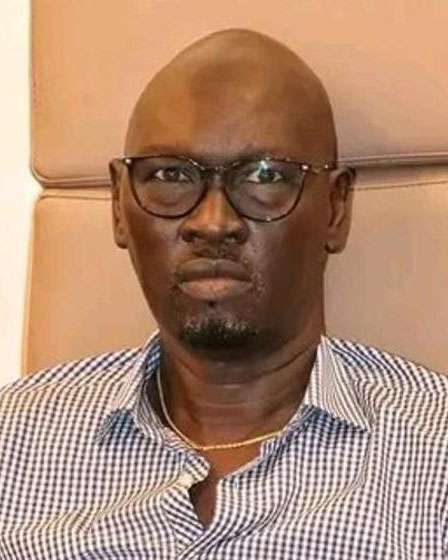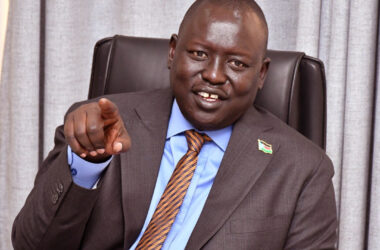By Yiep Joseph
A senior advisor in the office of the Vice President in charge of the Economic Cluster, Dr. Abraham Maliet Mamer, has attributed ongoing instability to the country’s oil wealth.
In an exclusive interview, Dr. Mamer argued that the political elite are engaged in a fierce struggle for control over oil revenues, a primary driver of the conflict.
“I am not happy with oil money at all because it has not been giving us anything at all rather than keeping all these wars; all these wars are caused by oil money,” Maliet said.
He noted that the elites in South Sudan have prioritized the pursuit of oil wealth, making it a driving factor in the political landscape that leads to conflict.
“When the elites wake up, they think to themselves, ‘We are not eating oil money; we need to,’” Maliet stated.
The economist remarked that the abundance of oil revenue since independence has caused many people to become complacent instead of promoting innovation.
“Everyone dreams of oil money, and it has become a curse; it (oil) has made us lazy,” he said.
He appealed to leaders to imitate other countries such as Kenya and Ethiopia, that progress well with no oil reserves.
“We have got educated people; our country is full of educated people, very educated. There are scientists, there are economists. When we got independence, we were more educated than any other country in Africa, but now that education is not being put to use because oil money has come in,” he added.
He claimed that oil wealth has created an unruly situation in the country.
“Even we have become unruly. When you get oil money, you become unruly. You do not even obey the law because you have money; you can pay anybody who is saying no to you,” he said.
Maliet, an advocate for reducing reliance on oil, expressed that the oil sector has become more of a curse than a blessing for the country, as it has failed to support agriculture as intended.
He emphasized that to improve the economy by 2025, the country needs to focus more on agriculture and other non-oil sectors.
“Oil has now become a problem. Sudan war and so on, there are so many things in this oil; just leave it for a while; let us settle for one month or two months, and things will be settled rather than suffering for an unknown period because we do not know that is my message. In 2025 we need to focus on other sectors like gold, agriculture, tourism, etc” he said.
South Sudan currently produces approximately 150,000 to 170,000 barrels of oil per day, according to estimates from the International Crisis Group. However, the country only earns revenue from about 45,000 barrels after accounting for the shares owed to international companies and fees paid to Sudan.
The ongoing conflict in Sudan has disrupted production in certain areas, resulting in a cash crisis for South Sudan, which relies heavily on oil revenue to finance most government activities.
In 2013, a conflict known as the SPLM internal wrangles broke out and eventually escalated across the entire country. The government claimed that the clashes in Juba were an attempted coup led by former Vice President Riek Machar, though Machar denied orchestrating any effort to overthrow President Kiir.
Currently, the country operates under a transitional government of national unity, with elections anticipated in 2026.



